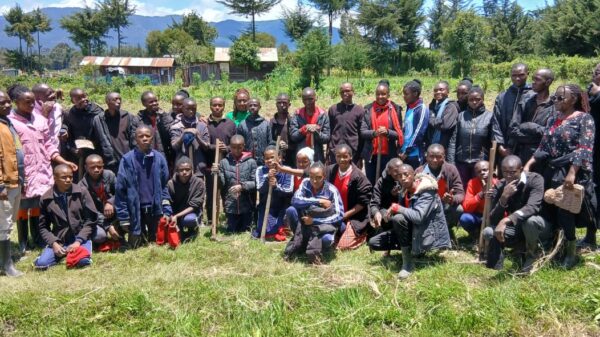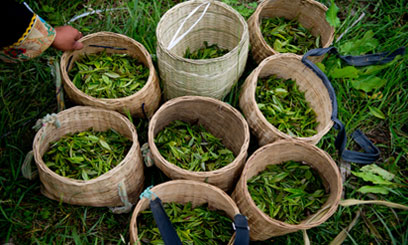NAIROBI, Kenya, March 17 – Nearly 1,000 coffee farmers allied to Kipkelion Coffee Cooperative Society are set to receive payment of Sh116 per kilo after making its first direct export to a South Korean buyer.
The earnings are almost twice the average Sh76 per kilo usually received after selling through the local coffee auction or to local coffee marketers.
A month ago, the union flagged off seven-grain containers totaling 134.4 MT valued at US 908,160 to a Korean firm named Good beans.
The beneficiaries include farmers across Kericho, Nandi, and Bomet counties.
In a statement, the society’s chairperson, Samuel Marindany expressed gratitude to the Government agencies that collaborated with the union especially the Kenyan envoy in South Korea Ambassador Mwende Mwinzi, who he said’ availed dedicated resources to support us through the entire engagement with the Korean buyer.”
“Today we are here to pay farmers the proceeds of the sale of this coffee which is going towards payment of 9,582 small scale farmers at an average rate of Kshs 116 per kg of Cherry compared to an average of Kes 76 which the same coffee fetched at the local auction a clear Kes 43 above the local prices (56%),” he said.
The export he said, is a clear demonstration that local farmers have the potential to rise up to the occasion and produce, mill, meet export requirements, negotiate and export our coffee across the entire globe
“For the first time in Kenya’s history, smallholder coffee farmers have done a complete vertical integration of the coffee value chain, displacing the predatory brokers and other greedy intermediaries who have denied us direct access to the market,” a statement issued read in part.
In 2016, a presidential task force spearheaded the formulation of a new legal and regulatory framework to govern the coffee subsector.
Under new regulations, coffee brokers like Kipkelion Brokerage Company Limited received approval from the Capital Markets Authority (CMA) to market their own coffee.
Marindany lauded Kenyatta ‘for facilitating the implementation of farmer-centric coffee reforms that have vested the proprietary interest over coffee to the farmers.’























































